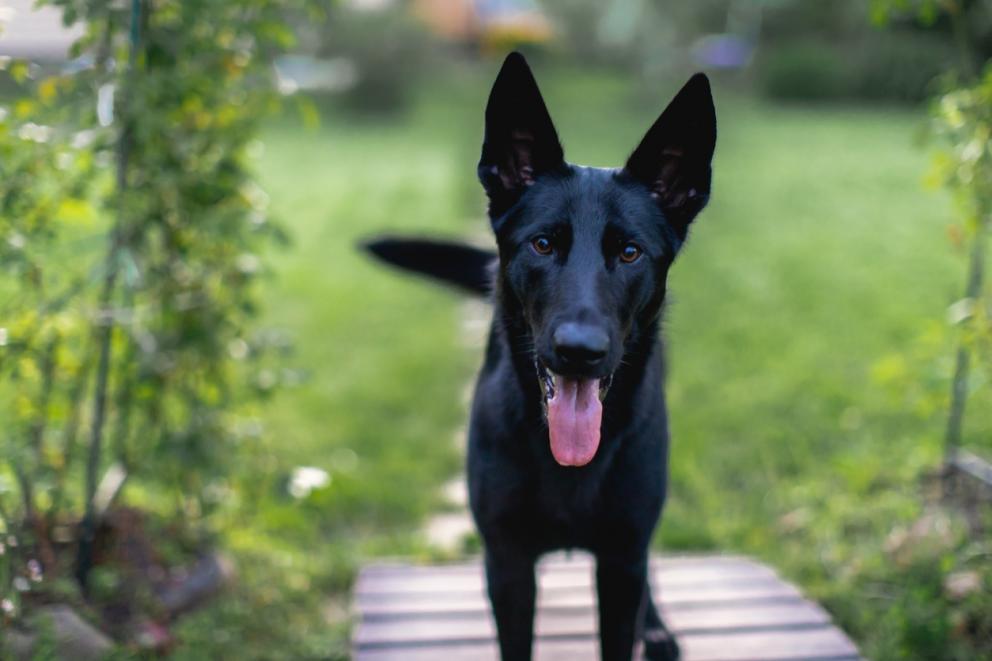If your dog’s neuter is infected, take them to a veterinarian immediately for proper diagnosis and treatment. Ignoring an infected neuter can lead to complications and further health issues for your dog.
Infections can occur due to improper healing, wound contamination, or underlying health conditions. It is crucial to address the infection promptly to prevent it from spreading and causing more serious problems. Your veterinarian will assess the extent of the infection and may prescribe antibiotics, pain medication, or recommend further surgical intervention if necessary.
Remember, seeking professional veterinary care is the best course of action to ensure your dog’s health and well-being.
How To Identify An Infected Neuter In Dogs
An infected neuter in dogs can be identified through various signs and symptoms. Look out for redness, swelling, or discharge around the surgical site. Your dog may also exhibit pain or discomfort in the area. Additionally, if you notice a foul odor or a change in your dog’s behavior, it could be a sign of infection.
Early detection is crucial for prompt treatment. If left untreated, an infected neuter can lead to serious complications. Therefore, it is important to consult your veterinarian as soon as you suspect an infection. They will be able to provide proper diagnosis and recommend the appropriate course of action, which may include antibiotics or surgical intervention if necessary.
Remember, being vigilant and proactive in identifying and treating an infected neuter can ensure your dog’s health and well-being.
Treating An Infected Neuter In Dogs
Suspecting an infection in your dog’s neuter requires immediate action. Seeking prompt veterinary assistance is crucial for accurate diagnosis and an effective treatment plan. A consultation with a veterinarian is essential to assess the severity of the infection. Depending on the situation, surgical intervention may be required to address the infection and ensure the dog’s well-being.
The veterinarian may also prescribe a course of antibiotics to combat the infection and promote healing. It is important to follow the veterinarian’s recommended treatment plan diligently to achieve the best results in managing the infected neuter. Remember, your quick response and proactive approach are vital in resolving this issue and ensuring your dog’s overall health and happiness.
Preventative Measures To Safeguard Your Dog’S Health
When it comes to your dog’s health, it’s essential to take preventative measures to ensure their well-being. After your dog’s neuter, proper post-operative care is crucial to minimize the risk of infection. Maintaining good hygiene practices is essential, such as regularly cleaning the surgical site and keeping it dry.
Additionally, make sure to follow the vet’s instructions regarding any medications or dressings. Regular check-ups and vaccinations are vital to prevent infections in the first place. By staying up-to-date with vaccinations, you can protect your dog from various diseases. Overall, taking these measures will help safeguard your dog’s health and prevent any potential complications after their neuter surgery.

Credit: www.albertaanimalhealthsource.ca
Conclusion
If your dog’s neuter is infected, it is crucial to take swift action to ensure their health and well-being. Start by recognizing the signs of infection, such as swelling, redness, or discharge at the surgical site. Contact your veterinarian immediately for guidance and treatment options.
It is essential to follow their instructions precisely, whether it involves administering antibiotics, keeping the area clean and dry, or potentially scheduling a follow-up visit. Additionally, monitor your dog closely for any changes in behavior or appetite, as these could indicate a more serious infection.
Keep in mind that prevention is key, so ensure proper post-surgical care to minimize the risk of infection. By staying proactive and attentive to your dog’s needs, you can help them heal and ensure a smooth recovery from their neuter procedure.
Remember, your furry friend’s health is worth every effort and attention.
